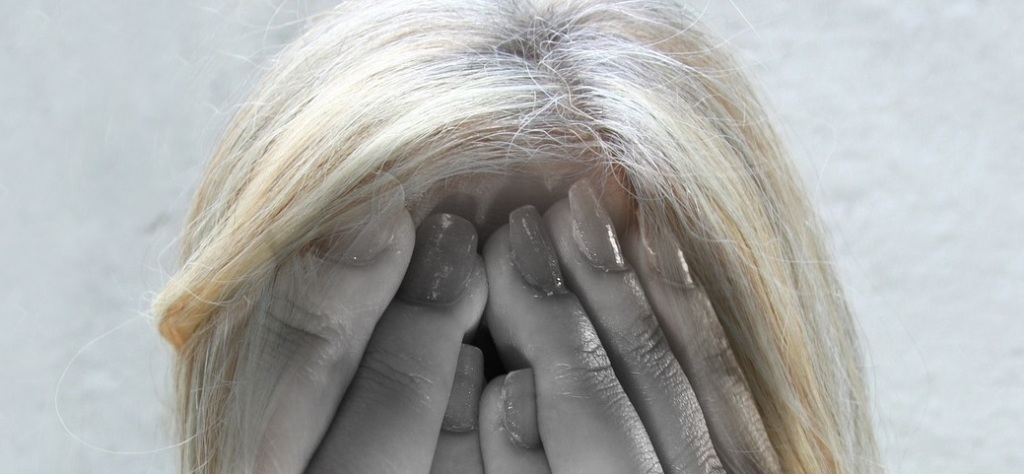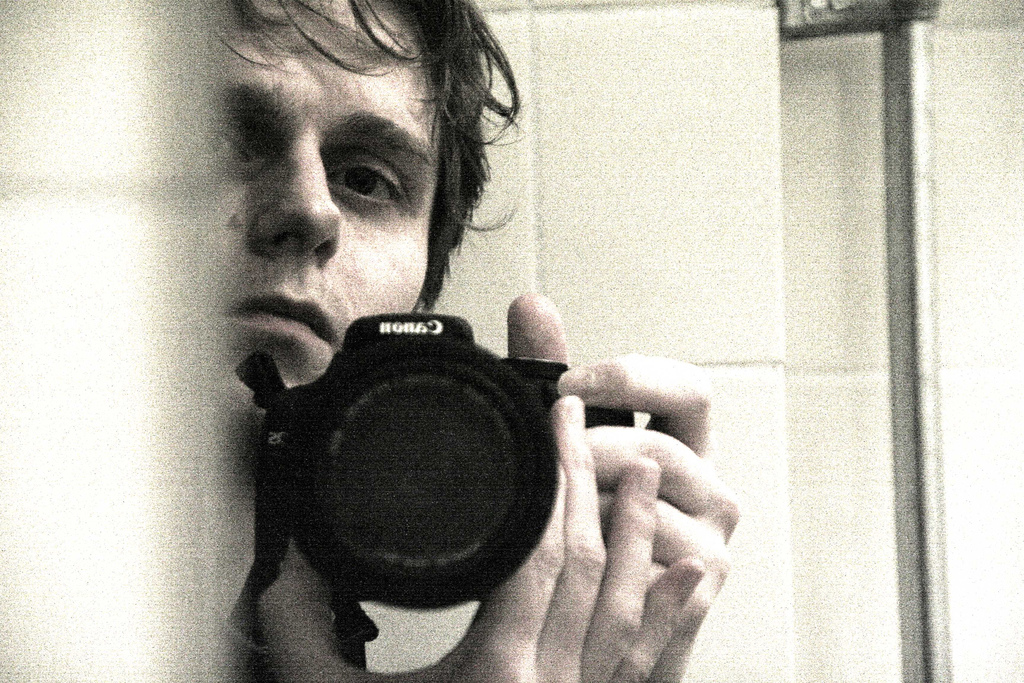Chronic Obstructive Pulmonary Disease (COPD), a disease caused by noxious gases i.e. smoking; it affects the lungs and narrows the airways, thereby limiting the free flow of air. In addition to its adverse effects on the respiratory system, COPD also poses great threat to the emotional well-being of the sufferer.
Studies show COPD is among leading causes of death in today’s society.
Findings show people with chronic obstructive pulmonary disease (COPD) are more likely to suffer from various Emotional challenges than people with other chronic diseases. Researchers at the National Jewish Medical and Research Center in Denver postulated that an estimated 40 percent of people with COPD will be affected by depression, compared with just 15 percent of the rest of the population.
Having COPD can change how you feel about yourself, and the emotional challenges could be unbearable for whoever doesn’t know how to detect and handle its signs and symptoms. Below are some of what you have to put into checkmate.
Fear.
COPD often invoke fear in you, interfering with your daily life and causing you extreme unrest. It has been considered a major emotional consequence of COPD sufferers. If you feel you can’t handle this, seek mental health professionals to help you through.
Anxiety.
Breathing difficulty creates anxiety, which in turn creates chance for more breathlessness. As a COPD patient, a strange mindset is created in you; you are always unrest while expecting the next shortness of breath, as you check to know and analyze your rate of breathing and blood circulation. You always feel some panic attacks, changes in sleep patterns and muscle tension when unable to catch breath.
Read also: Emotional Problems of the Adolescence
Untreated anxiety can be a full-time affair, keeping you constantly worried, fearful, and even sad,” says Dr. Vijai Sharma, PhD, a clinical psychologist in Cleveland, Tenn.
Remorse.
Studies confirmed that many people with COPD claimed they are always attacked by the feelings of regret for their past wrong actions i.e. their acts that lead to their present predicament. This feeling only escalates and give room for more emotional consequences.
Read also: 5 Consequences of Low Self-Esteem
Depression
Emotional challenges of COPD such as fear, hopelessness, and symptoms like sleeplessness are webbed to depression. And this has spearheaded much of the research into the psychological effects of COPD. It is advised one seek for help out of the emotional challenges posed by COPD. National Jewish Health reports that, people who have depression and COPD are less likely to follow their treatment plans.
Other Emotional Challenges includes:
Change in sleep patterns, Loss of interests, Fatigues, Low Self-esteem, Self-blame and Isolation.
Read also: Emotional Signs of Aging
Reference: Crockett AJ, Cranston JM, Moss JR, et al. The impact of anxiety, depression and living alone in chronic obstructive pulmonary disease. Qual Life Res. 2002;11:309–16. Nicolson P, Anderson P. Quality of life, distress and self-esteem: A focus group study of people with chronic bronchitis. Br J Health Psychol 2003;8:251-70. Lin M, Chen Y, McDowell I. Increased risk of depression in COPD patients with higher education and income. Chron Respir Dis. 2005;2:13–9




I enjoyed that portion “Holding your uniqueness in high regard is not ‘egotism.” Thanks for sharing